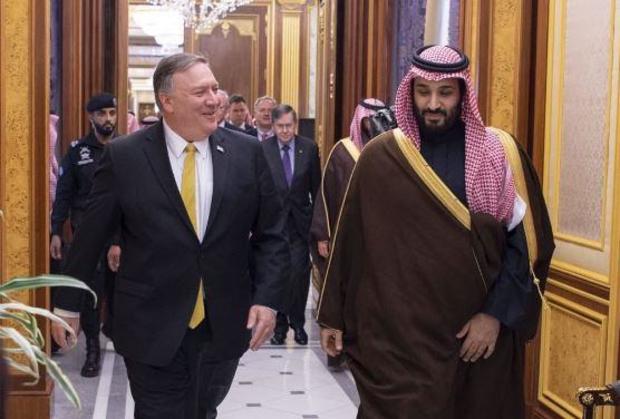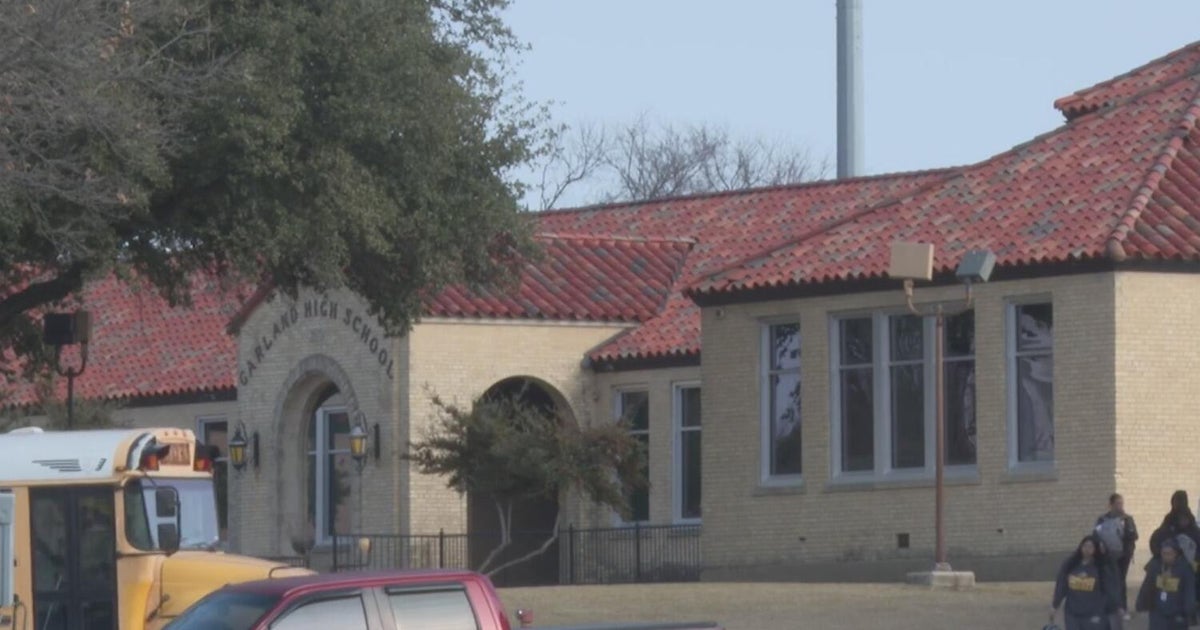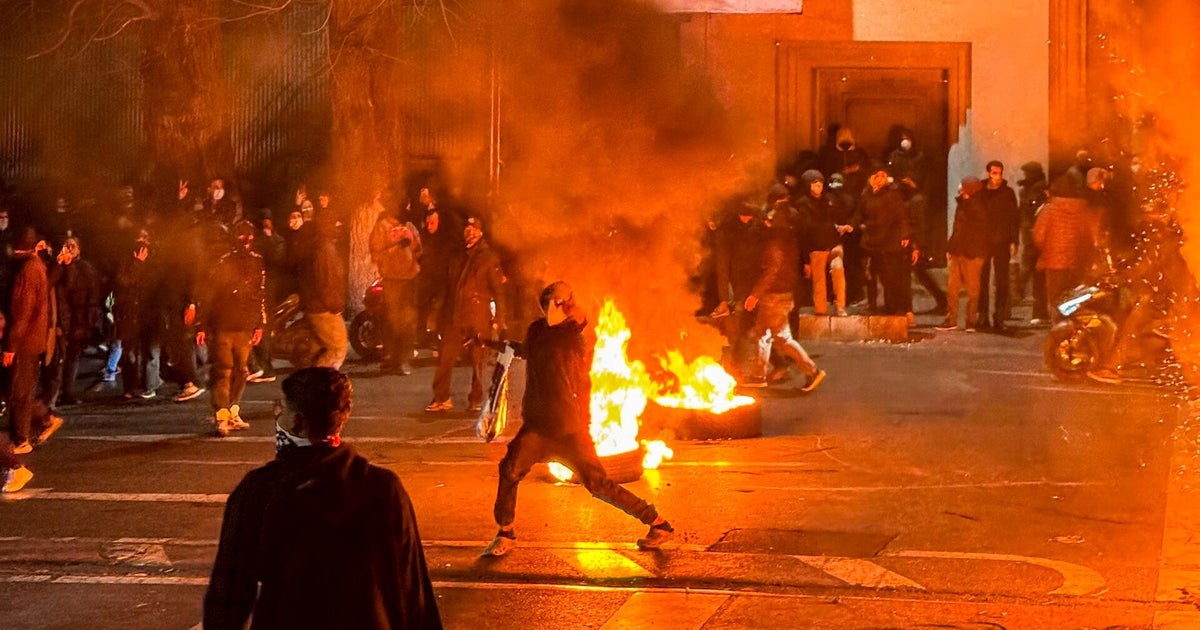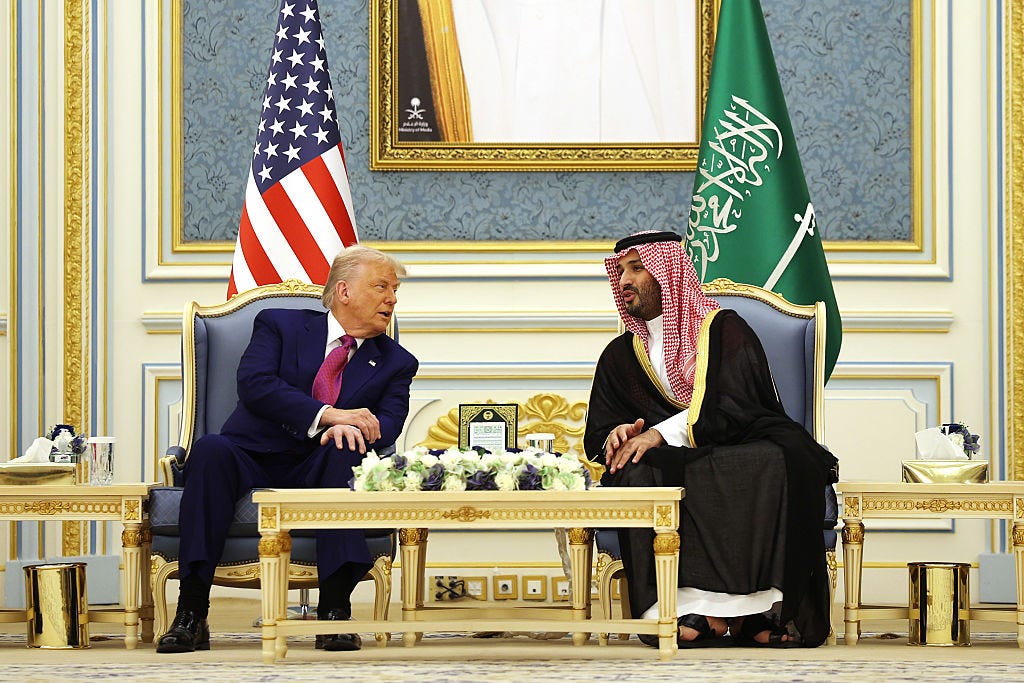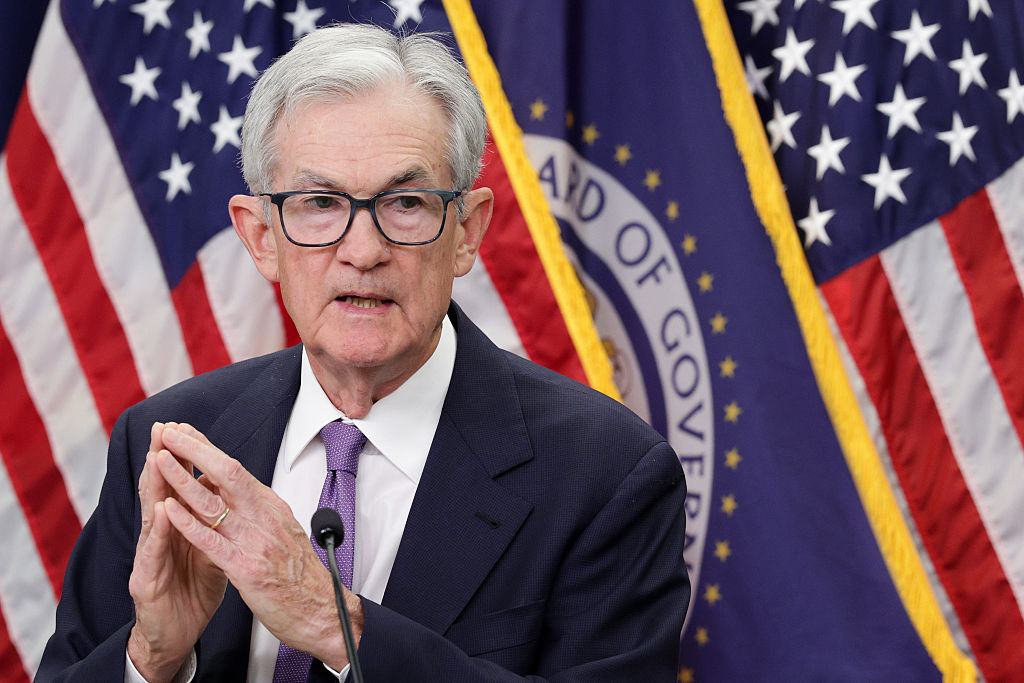Mike Pompeo refuses to say whether he believes CIA assessment on Jamal Khashoggi killing
Secretary of State Mike Pompeo bristled on Wednesday when CBS News correspondent Roxana Saberi asked him whether he personally believed the CIA's assessment that the heir to the Saudi throne likely had some role in the killing of journalist Jamal Khashoggi. He called it a "ridiculous" question and insisted the Trump administration was determined to see those responsible for the assassination held to account -- but he did not answer.
"President Trump and this administration are committed to holding each individual accountable as we develop fact sets that permit us to do it," Pompeo said, noting that the U.S. government has "already applied sanctions to a number of people who were involved in it," and that further punitive action was still possible as the U.S. "fact sets" continue to develop.
In November the U.S. sanctioned 17 Saudi nationals over the murder, most of whom had been implicated by the conservative Islamic kingdom's own investigation. The Trump administration has not suggested any involvement yet by any members of the ruling family, including Crown Prince Mohammed bin Salman.
The CIA has intelligence substantiating an assessment that the crown prince ordered Khashoggi's killing, but the White House has refused to point the blame any higher than his subordinates, while continuing in public to press the major American ally and arms buyer for a "full and complete" investigation.
"There is no nation that acts against violations of human rights in the way the American nation does, and President Trump has been at the forefront of doing that," Pompeo told Saberi on Wednesday in Warsaw, Poland, where the U.S. and Poland are co-hosting a summit on the Middle East.
Asked again why Mr. Trump, in light of the U.S. intelligence assessment, has been hesitant to criticise the crown prince, Pompeo said:
"You and the media just keep repeating this. We've talked about this. This is an unacceptable murder. Make no mistake about it. The American people understand that and the Trump administration understands that, too. We also know that we have an important relationship with the Kingdom of Saudi Arabia, and we're determined to make that a successful relationship. It's in the national security interests to keep Americans safe, and so we're going to do that."
Pompeo said Saberi and other journalists could, "ask this question 57 times, 57 different ways. I'm going to give you the same answer; President Trump and this administration are committed to holding each individual accountable as we develop fact sets that permit us to do it."
House passes measure to undercut Trump on Saudi Arabia
While the White House needs more convincing, a majority of lawmakers in both houses of the U.S. Congress already appear to have accepted the CIA's assessment, and they've taken action to challenge Mr. Trump over his handling of the incident by directly targeting America's relationship with Saudi Arabia.
Asserting congressional authority over war-making powers, the House passed a resolution on Wednesday that would force the administration to withdraw U.S. troops from involvement in Yemen, in a rebuke of President Trump's alliance with the Saudi-led coalition behind the military intervention.
Lawmakers in both parties are increasingly uneasy over the humanitarian crisis in Yemen and skeptical of the U.S. partnership with that coalition, especially in light of Saudi Arabia's role in the killing of Khashoggi, who wrote critically of the royal family.
Passage would mark the first time Congress has relied on the decades-old War Powers Resolution to halt military intervention. It also would set up a potential confrontation with the White House, which has threatened a veto. The House voted 248-177 to approve the measure, sending it to the Senate, where a similar resolution passed last year.
"We have helped create, and worsen, the world's largest humanitarian crisis," said Rep. Barbara Lee, D-Calif., during the debate. "Our involvement in this war, quite frankly, is shameful."
The chairman of the House Foreign Relations Committee, Rep. Eliot Engel, D-N.Y., said the vote represents "Congress reclaiming its role in foreign policy."
Senate approval would set up a showdown with the administration -- a veto would be Mr. Trump's first -- over the president's shifting approach on foreign policy.
Congress has not invoked the War Power Resolution, which requires approval of military actions, since it was enacted in 1973.
In the House, 18 Republicans, including members of the GOP's libertarian-leaning wing and Mr. Trump allies in the conservative Freedom Caucus, joined Democrats in passing the Yemen measure.
Rep. Ro Khanna, D-Calif., who drafted the legislation, said there's an emerging bipartisan alliance that's skeptical of military intervention without congressional oversight.
"It's not just about Yemen. It's about the Congress taking a stand and every future president having to think twice about whether to authorize a military intervention without congressional approval," Khanna said in an interview.
The Senate version is from independent Sen. Bernie Sanders of Vermont and backed by Utah Republican Sen. Mike Lee.
"What the United States Senate said in a very loud way is that we will not continue to have our military posture dedicated by a despotic, murderous regime in Saudi Arabia," Sanders said after the Senate vote in December.
"When we are putting American treasure, and even more importantly, American blood on the line, it is wrong to entrust that to one person," Lee said, arguing that Congress should have its say in war powers.
